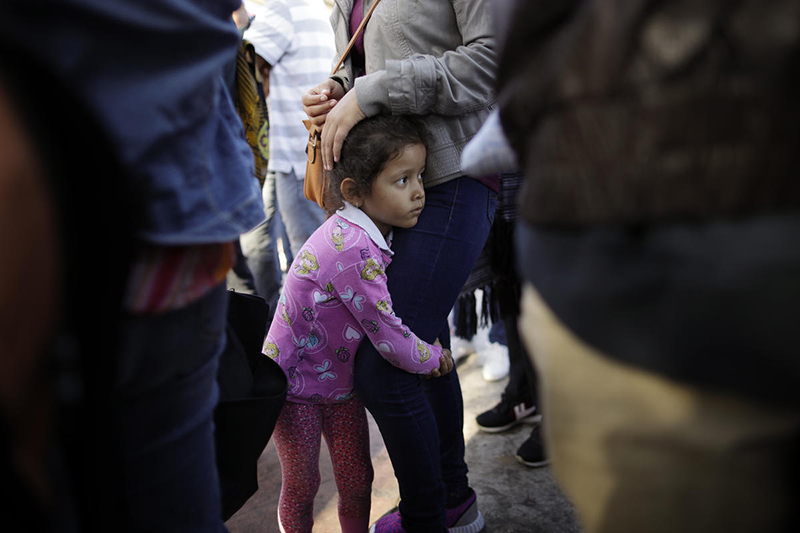Ever since the initial shock in response to the atrocities of the Holocaust subsided, the world has replaced condemnation with fascination. The American infatuation with Nazi culture manifests itself in countless documentaries and movies on the subject, and sometimes even joining one of the more modern Nazi organizations. The casual comparisons to what life was like for those living under Hitler’s regime creeps it’s way in to our social vocabulary.
The current leader of the free world, President Donald Trump is known for his ability to work crowds and appeal to people’s emotions, as well as relentless dog-whistling in his politics. Former President Barack Obama by comparison is a man considered to possess more restraint and poise, but as a native Texan, I can confirm he was (and is) equally controversial. Obama and Trump differ in ideology, and who constitutes their base, however, it is largely overlooked that both Presidents have something in common. They’ve both faced comparison to Nazis.
Danny Moloshok, Reuters
The allure of comparisons to the Nazi regime, and of a great manipulator such as Hitler still tugs at our subconscious; not politically affecting most, but drawing us in closer, and allowing us to engross ourselves with the taboo of the ideology, no matter how opposite our true morals are. The taboo of both the ideology and actions of Nazis situates itself at the forefront of the American mind, finding its way into our political arguments.
On both the left and the right of the social-political spectrum, constant comparisons are made between political actions, and actions committed during the Holocaust. Gun control, for example, is a minorly oppressive political idea. U.S. Congressman Don Young implied at a conference in Alaska that six million Jews died because they were subjected to gun control, saying "How many Jews were put in the ovens because they were unarmed?" A good rule of thumb that I think every group that has faced oppression would like you to follow is: our struggle isn’t your rhetorical prop. No, Brad, your minimum wage job isn’t modern slavery. Slavery is slavery. Any other reference would be hyperbolic and offensive.
The pain from the Holocaust which is still seen today is immeasurable. What is known to be the largest documented genocide in history kidnapped, tortured, killed, degraded and still inspires killings and hate crimes to this day. Not only are the scars left on people still living, the hate that made those scars continues to breed. My grandpa, a Holocaust survivor, is a living testimony to the intolerance of every institution that didn’t accept him for who he was, including the U.S. government when for a period of time they refused Jewish refugees fleeing Europe. When comparisons are made about political issues such as healthcare, or gun control, or feminism to the horrors he and his family faced, the pain of victims is trivialized. The conversation around anti-semitism and so many other forms of oppression are already stunted. Co-opting trauma only makes the outrage over injustice seem unwarranted. Even though there are people who support the idea of the Holocaust, or don’t believe it happened at all, the conversation becomes less about condemning deniers and neo-nazis, and more about why Jews won’t just shut up about the Holocaust. Trauma is not meant to be shared in multiple contexts, because it takes validation away from both groups of people you want to tie to that one event. Different horrific events in history deserve separate conversations because victims deserve separate conversations.
Associated Press
This can be applied to a more recent event as well; family separation. Family separation is more of a moral issue than a political issue, and a lack of immigrant rights shouldn’t be tolerated by the American people, or by any country for that matter. I consider the lack of rights for immigrants a tragedy of U.S. politics, spanning back to the creation of America. Comparing things that aren’t Nazi-related to Nazism is a losing argument, and harmful to victims of both tragedies. This intolerant behaviour isn’t removed from America. This intolerant behaviour is uniquely American. This hate is a product of American manufacturing and should be treated as such. Holocaust survivors deserve validation of their struggle, and victims of family separation deserve the same.
Olivia Hoffman contributed this piece. Banner image by Reddit user robvd3.


